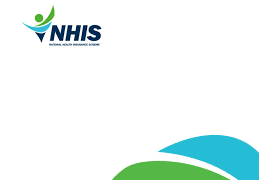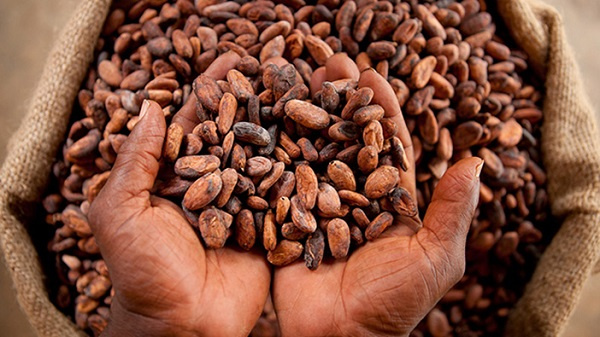Ghana is turning to an internationally approved agro-processing plant in Dubai to add value to its cocoa and coffee so that it may export them freely to the global market.
This will ensure that the country receives greater value from both commodities, almost ten times more than it already does.
Ghana has the potential to generate more than $10 billion from raw commodity exports, as opposed to the existing $2.5 billion.
The United Arab Emirates (UAE) Food and Drugs Authority (FDA) has certified Dubai Agric Commodities, allowing goods from its processing facilities to access the US and European markets without restriction.
It is a government entity that adds value to raw commodities to meet the criteria of the exporting country and finds global markets for the final products.
Ghana’s chocolate goods currently lack USA FDA certification, making it impossible for the country’s cocoa products to access the US and European markets, with the exception of the raw commodity, which commands relatively cheap costs when compared to completed products.
As a result, the Agric Commodities route is a method for gaining unhindered access to the global market.
The Ministry of Food and Agriculture (MoFA) has begun talks with the institution, which culminated in the sector Minister’s recent visit to the Dubai facility.
If the plan is approved, Ghana’s cocoa goods, such as semi-finished cocoa products and finished chocolate, will be fully processed in Dubai and packaged for the global market.
Currently, even though the fact that Cote d’Ivoire and Ghana produce almost 60% of the world’s cocoa, a market worth more than $130 billion, the two nations receive just $6 billion annually, with Ghana receiving $2.5 billion.
This is because Ghana’s cocoa reaches the world market in its raw state, with no value addition, and this does not attract much value.
Visit
Dr. Owusu Afriyie Akoto, Minister of Food and Agriculture, inspected the Agric Commodities during his recent visit to the ongoing Dubai Expo 2020 to learn more about the institution.
In turn, the institution’s Director, Saeed Al Suwaidi, this week urged the minister to intensify conversations with the ministry on the way forward.
Mr. Suwaidi visited Ghana and met with the ministry and the Ghana Cocoa Board (COCOBOD), as well as touring the Cocoa Processing Company (CPC) and the Cocoa Research Institute at Tafo in the Eastern Region.
He also brought samples of Ghana’s coffee and cocoa for testing to see if the items fit the institution’s standards.
Dr. Akoto explained in an exclusive interview with the Daily Graphic that a government-to-government agreement would be established in which a framework would be established for COCOBOD to collaborate with the institution and for the Cocoa Marketing Company (CMC) to send cocoa beans there for processing.
Furthermore, he stated that CPC will route its completely and semi-processed products into the institution.
Breakthrough
“We are on the brink of a major breakthrough in the traditional way that we sell our cocoa and other commodities,” Dr Akoto stated.
The minister said that the Dubai setup will “make sure that the stranglehold is released,” referring to what Ghana now receives from the global market as a pittance.
“What I saw in Dubai is a facility which goes from A to Z on the value chain,” he explained.
The minister went on to say that the Agric Commodities was an ideal foundation for breaking free from the years of constraints that had a few selected firms stranglehold on the economy of developing nations.
Dr. Akoto voiced his conviction that if the talks were to succeed, it would be a windfall for Ghana’s cocoa and coffee industries, calling it a “breakthrough” for the country.
Centre for cocoa
According to Mr Suwaidi, he was in Ghana at Dr Akoto’s request to check into the prospect of adding cocoa to the spectrum of items flowing through his facility.
He stated that his institution now handles tea and coffee but would like to expand into cocoa, saying, “We are looking at opening a cocoa center in Dubai, using the same winning formula that we use for coffee and tea.”
He went on to say that the corporation planned to create a cocoa supercenter in Dubai and that Ghana symbolized cocoa, therefore “Ghana’s cocoa has to be in the equation.”
Mr. Suwaidi, for example, said that, despite the UAE’s status as a non-tea producer, “we currently produce 500 million tea bags annually.”
He stated that roughly 25 nations across the world route their coffee via his organization for worldwide markets.
“We don’t actually own anything inside our facility; what we do is help people own and use our facility with their ownership of the product; meaning that they use our facilities for storage or processing and repackaging,” Mr Suwaidi stated.
Read Also: ECG cuts power supply to Ghana Airports Company Limited over ¢49m debt
SOURCE: GRAPHIC ONLINE
























